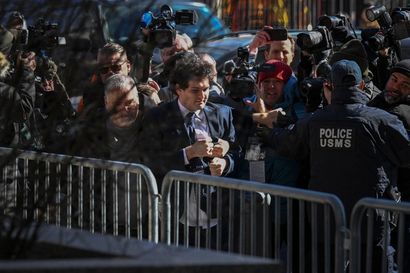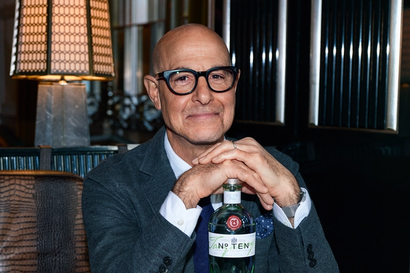‘”How do I stop my kids turning left when they step on a plane?”’ Duncan MacIntyre wonders aloud. ‘That, in essence, is the question I’m asked more than any other.’
The First Class versus economy dilemma might seem like small fry for the UK Chief Executive Officer of one of the world’s oldest private banks, but it paints a vivid picture of Lombard Odier’s modern ambition. ‘Yes, our clients are interested in the wealth they pass on,’ Duncan tells me. ‘But they care much more about the values they leave behind.’
Of course, he goes on to explain, it helps if you can achieve both – if you can have your cake, eat it and leave some icing behind for the kids, too. ‘There doesn’t need to be a trade-off between doing good and making money. Just look at the Climate Bond Fund, which we launched earlier this year.’
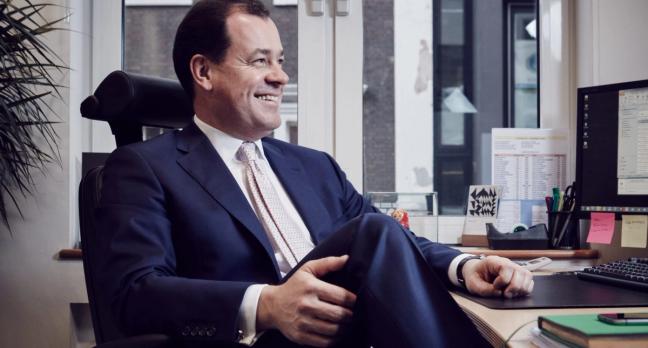
An investment-grade fund that targets renewable energy, resource efficiency and water projects, Lombard Odier’s Climate Bond Fund aims for a healthy yield of karma as much as returns. It also works hard to dispel the conception that wealth management is the fusty, conservative wing of the financial world. ‘The last thing we can be is old-fashioned,’ Duncan says. ‘For one thing, our biggest asset is reputation and confidentiality. We have no choice but to be at the cutting edge of online security.’
How do I stop my kids turning left when they step on a plane? That is the question I’m asked more than any other
He explains how Lombard Odier has hired developers to create a bespoke security system for the firm’s private banking arm, complete with proprietary tech, smartcard entry systems and algorithms that crawl portfolios for suspicious activity. ‘Ironically, we’re now selling this stuff to other private banks,’ he says. ‘We seem to have become a tech company as much as a wealth manager.’
That’s true of the bank’s attitude as much as its products. Glancing around the office, I notice numerous screen-savered monitors gleaming with Lombard Odier’s mantra: ‘Rethink Everything’. The parallels with Apple’s ‘Think Different’ can’t be entirely accidental. ‘It’s about looking outwards,’ Duncan says. ‘When you visit Beijing, for example, and feel the energy, you realise the world is changing rapidly. You can’t sit in the slow lane.’
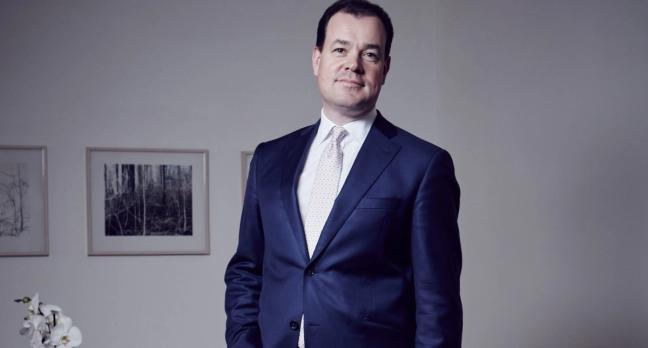
And in the fast lane, it seems, the cars are driverless. ‘We’re looking at using AI in the construction of wealth investment solutions – an algorithm that learns how to deliver performance returns, for example,’ he explains. ‘And that’s before you get onto the wider questions – should we be taxing robots, for example, if they’re doing our jobs? That’s a “rethink” moment.’
I mention how the past year has provided the world’s financial elite with ample opportunity for “rethink moments”. But on the hokey-cokey of Europe Duncan is characteristically pragmatic. ‘Forget about the politics – it’s happened. It’s very easy to say: “This is rubbish, this is awful”. The challenge is to see the opportunities that huge changes like this bring about and to act on them.’
Rethinking, however, doesn’t mean reinventing the wheel. ‘It’s a case of disaggregation. We don’t want to be all things to all people,’ Duncan warns. ‘Just look at Savile Row. There are companies there that only do one thing…’ He nods out of the office window to the row of Georgian townhouses below us: Huntsman, Anderson & Sheppard, Henry Poole. ‘…But they do it better than anyone else in the world.’
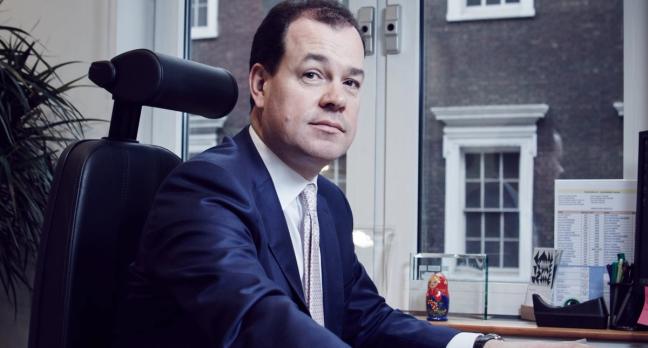
The made-to-measure analogy is particularly fitting. ‘In wealth management there is no such thing as “everyone”,’ Duncan says. ‘Every client is different – and each one requires a unique approach.’
Just look at Savile Row. There are companies there that only do one thing, but they do it better than anyone else in the world
And, as with a peaked lapel or a jacquard print, at some point most clients come to realise that the house knows best, regardless of their own tastes. ‘Great private bankers are unafraid to challenge their clients,’ Duncan explains. ‘You wouldn’t want your doctor to tell you everything is fine just because that’s what you want to hear, when in reality you’re dying.’
Not that death, in the world of the Ultra High Net Worth, is much of a barrier to success. ‘Our clients aren’t just thinking about the next generation,’ Duncan says. ‘They’re thinking about five, six generations down the road. We’re a seventh-generation company. Some families have been with us since the beginning. Others, we hope, will still be with us in another seven generations.’
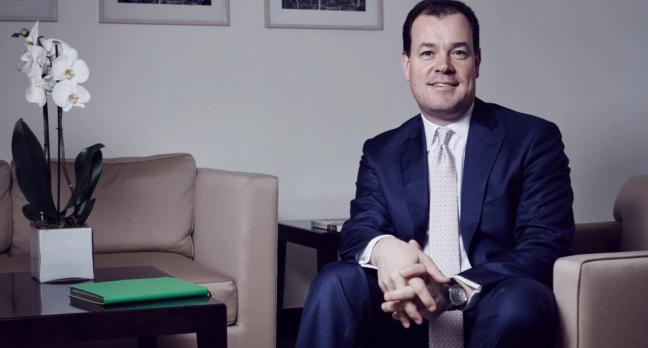
In this regard, at least, millennial billionaires (Snap’s Evan Spiegel, for example, whose company IPO’d recently at a valuation of some $24 billion) are sticking to the script. ‘This new breed of entrepreneurs see their wealth as a huge responsibility – an obligation to future generations.’
In a financial sector intoxicated with high frequency trading and short-term payoffs, this slow-burning philanthropy is a welcome trait. ‘It’s about having the ability to stand on the balcony,’ Duncan muses. ‘To take a breath, and to put things in their true context.’
For all the bank’s forays into machine learning and smart algorithms, he knows that, more often than not, emotional intelligence trumps the artificial kind. ‘You have to keep your perspective in this job. If it teaches you one thing, it’s that there are very few people lying on their deathbeds worrying about the amount of zeros in their bank account.’

Become a Gentleman’s Journal Member?
Like the Gentleman’s Journal? Why not join the Clubhouse, a special kind of private club where members receive offers and experiences from hand-picked, premium brands. You will also receive invites to exclusive events, the quarterly print magazine delivered directly to your door and your own membership card.
